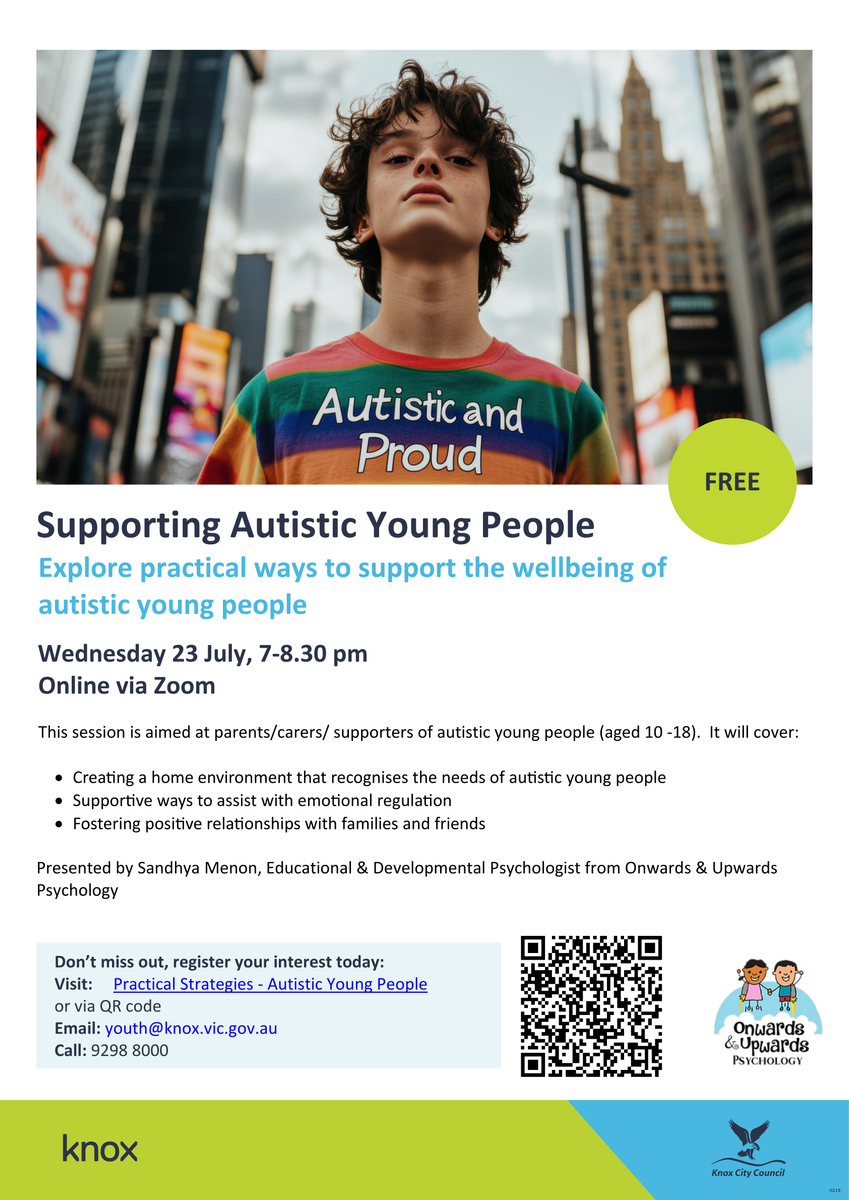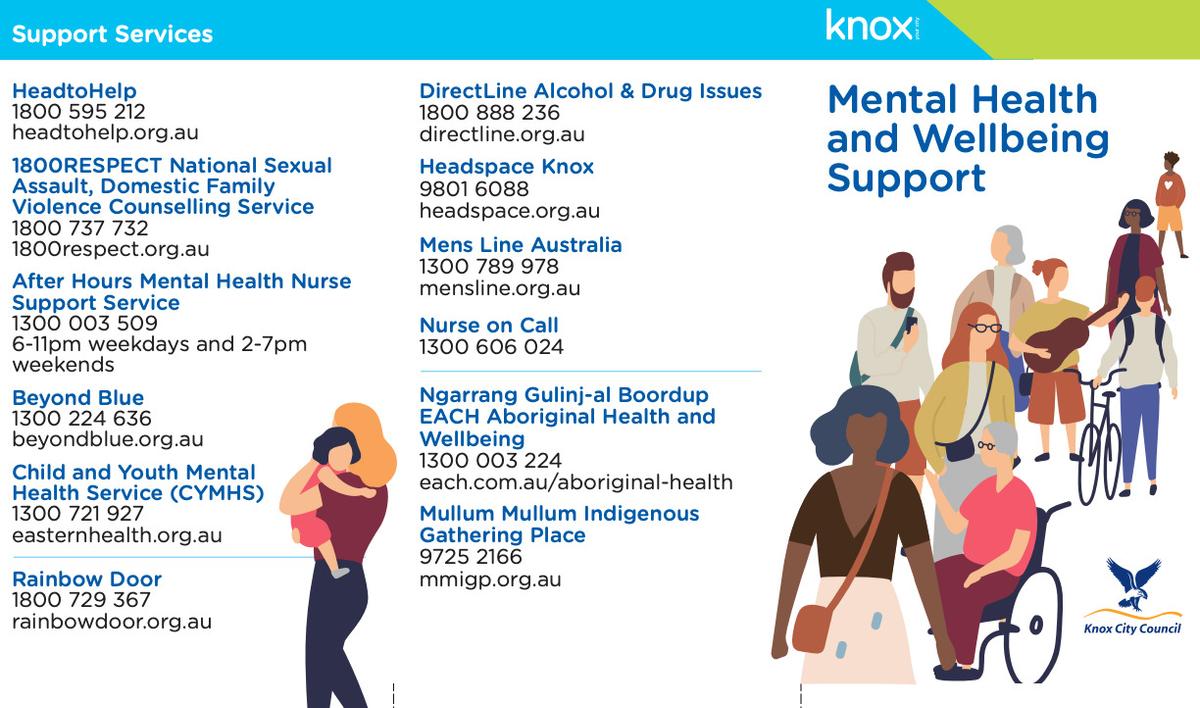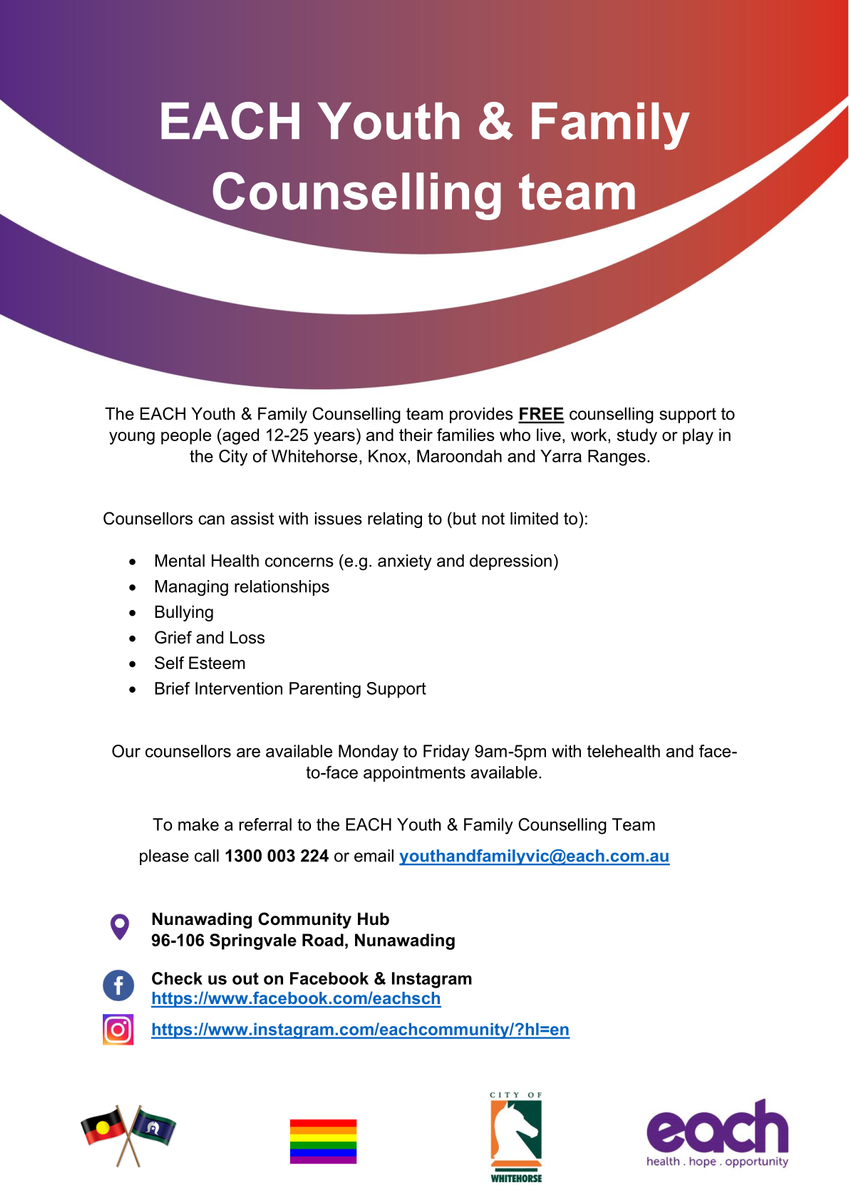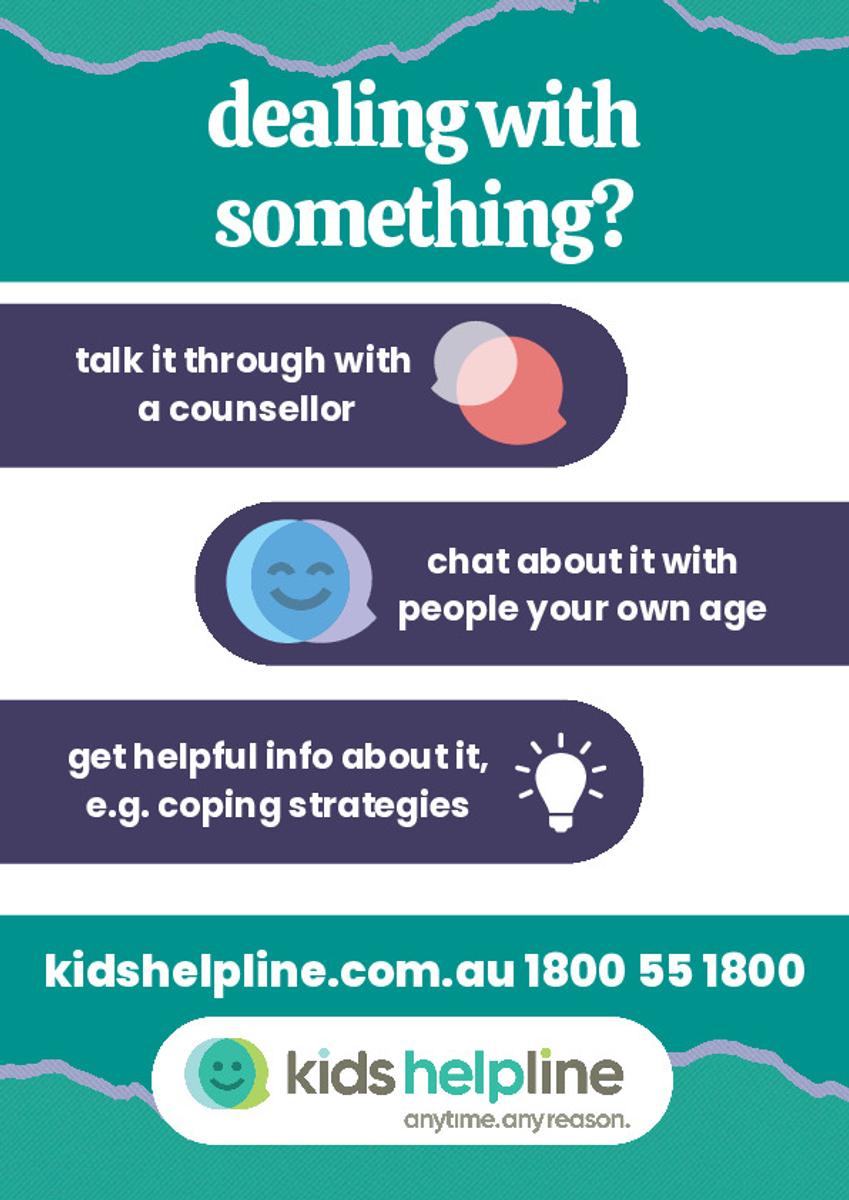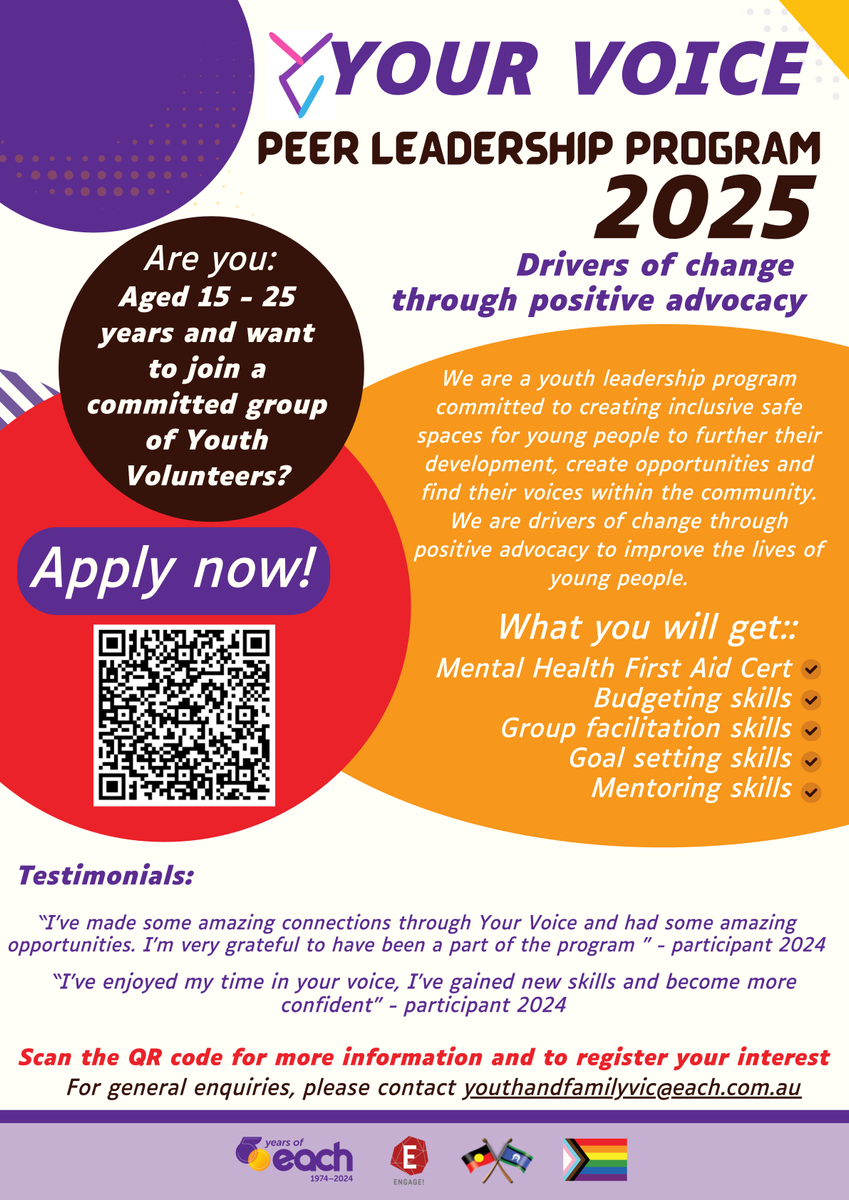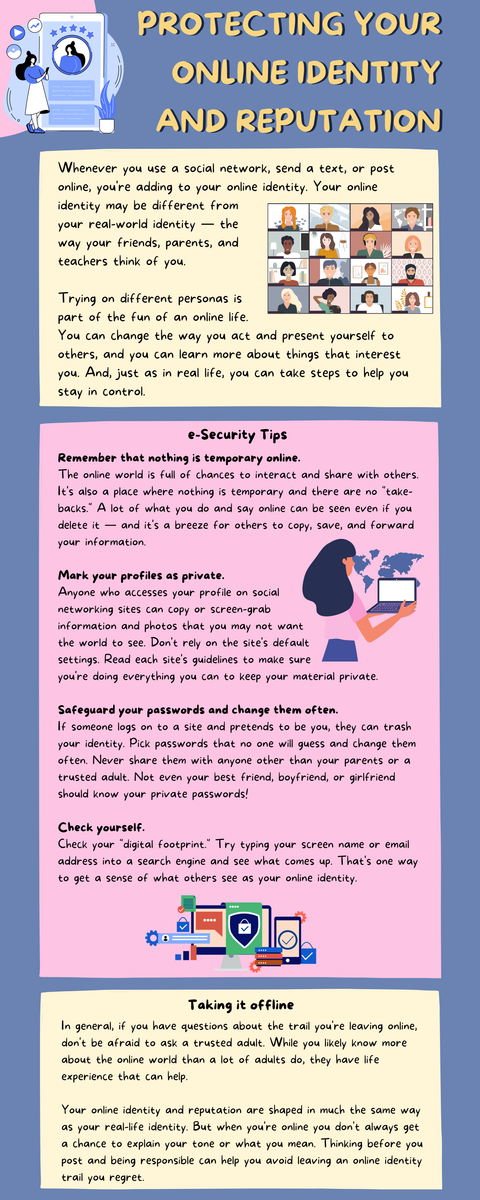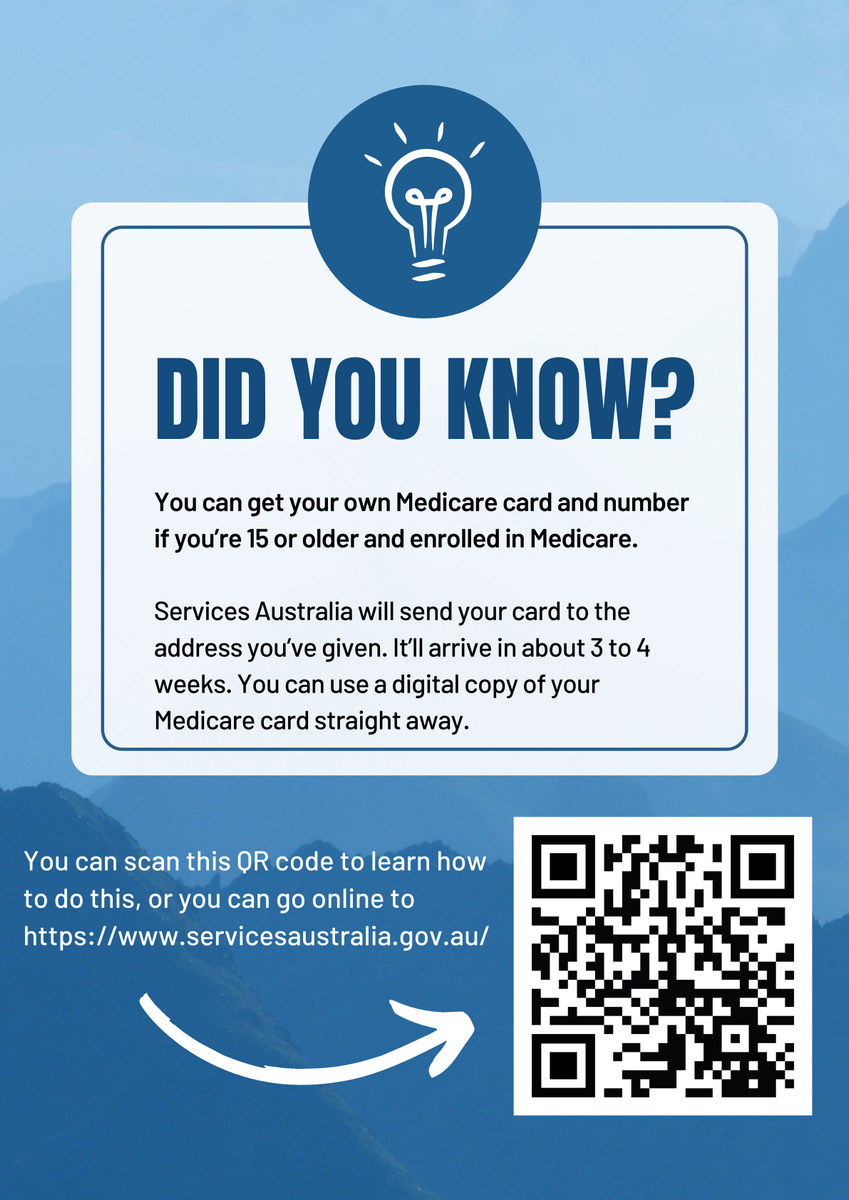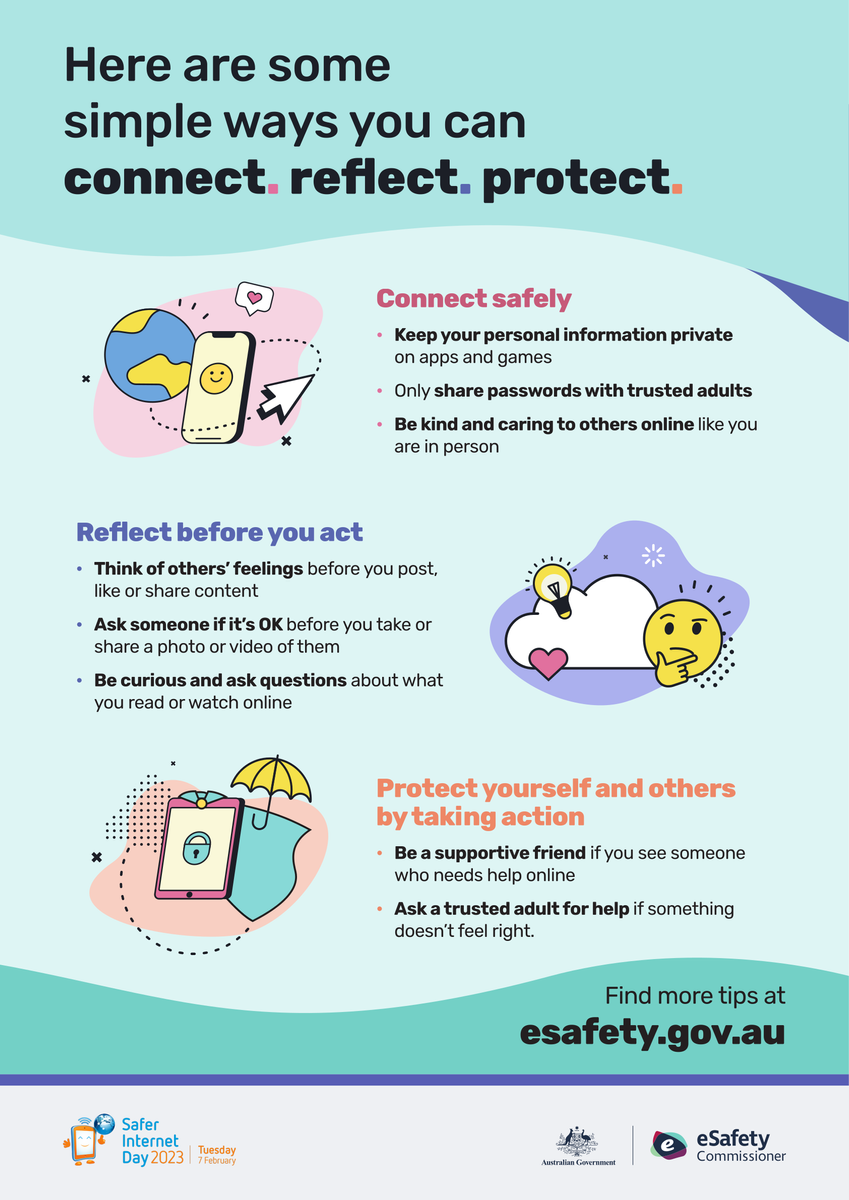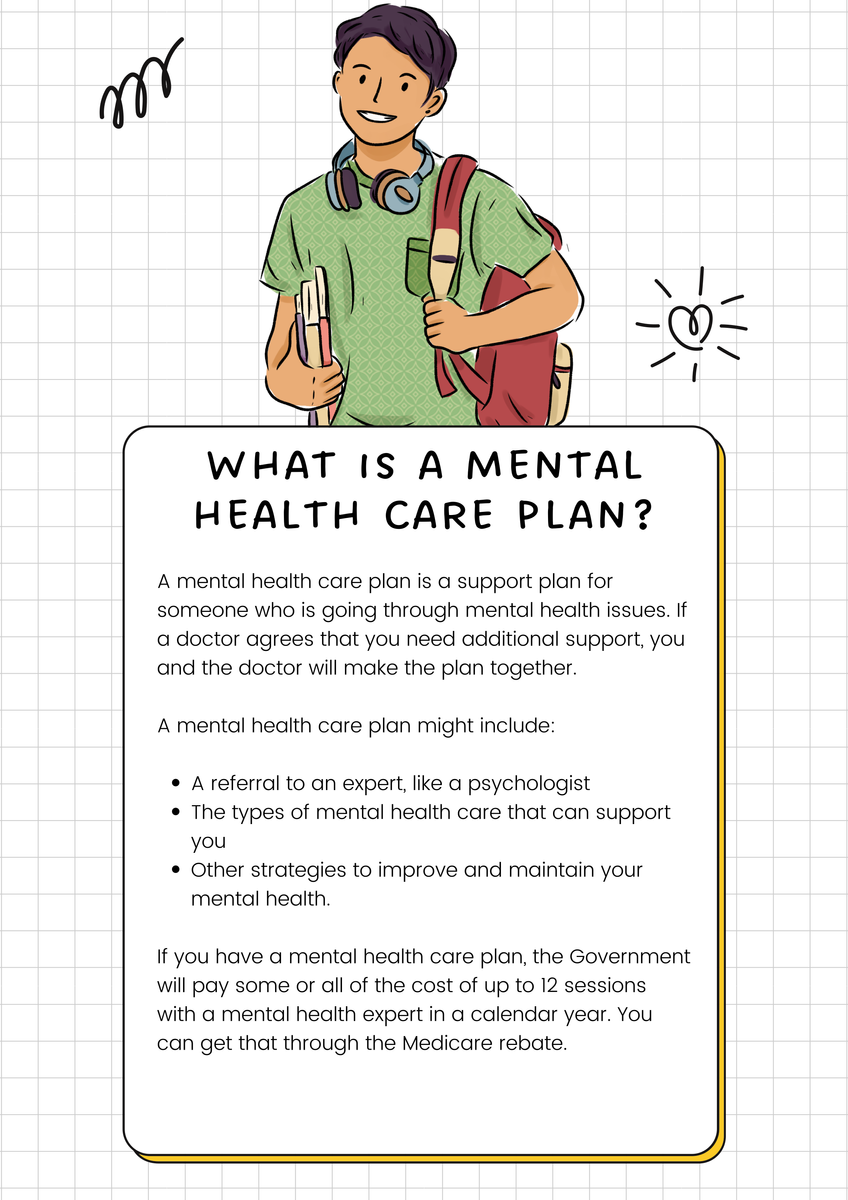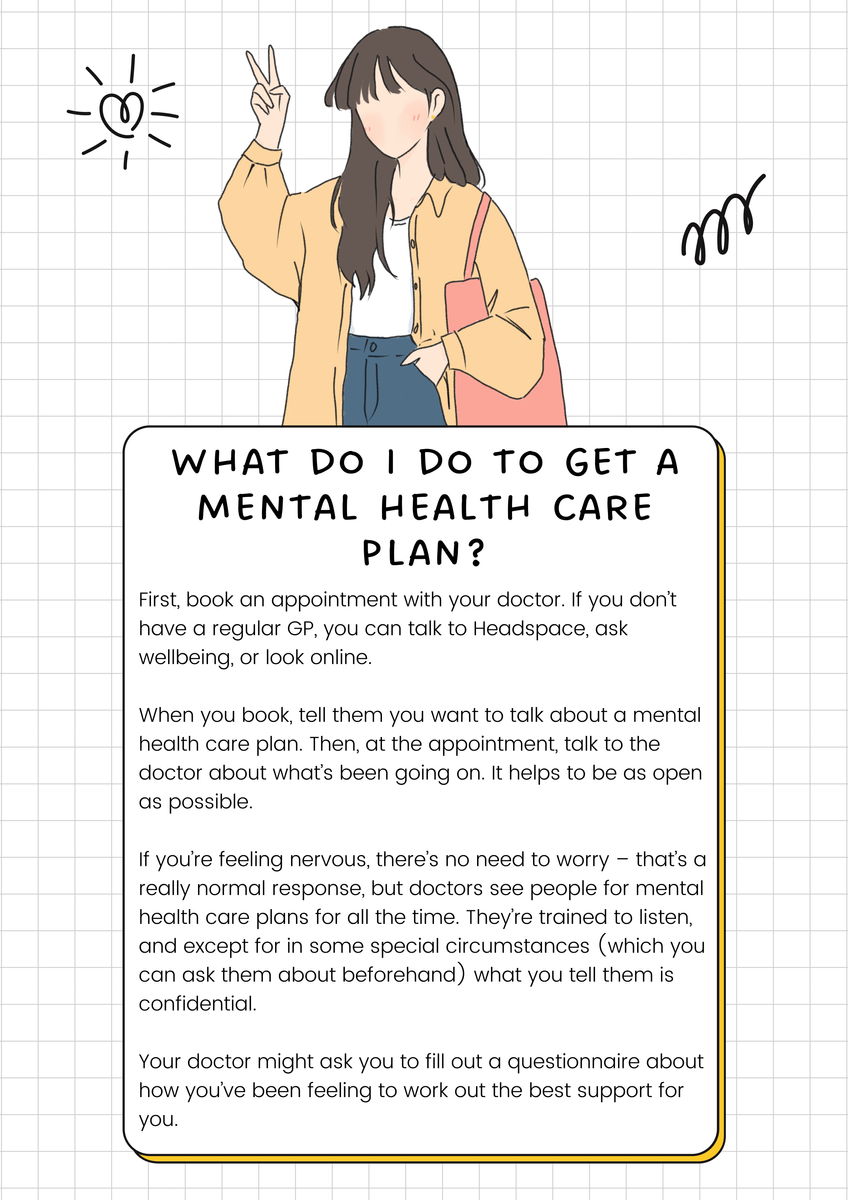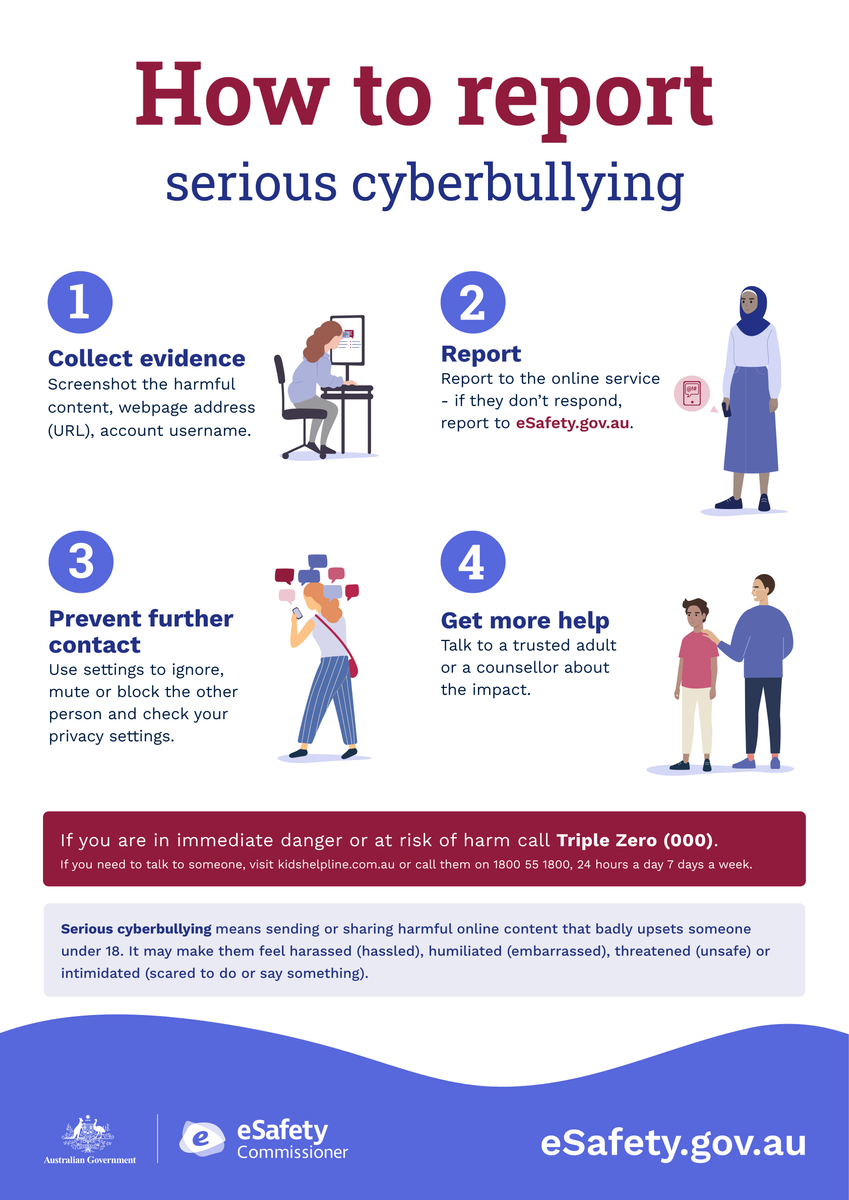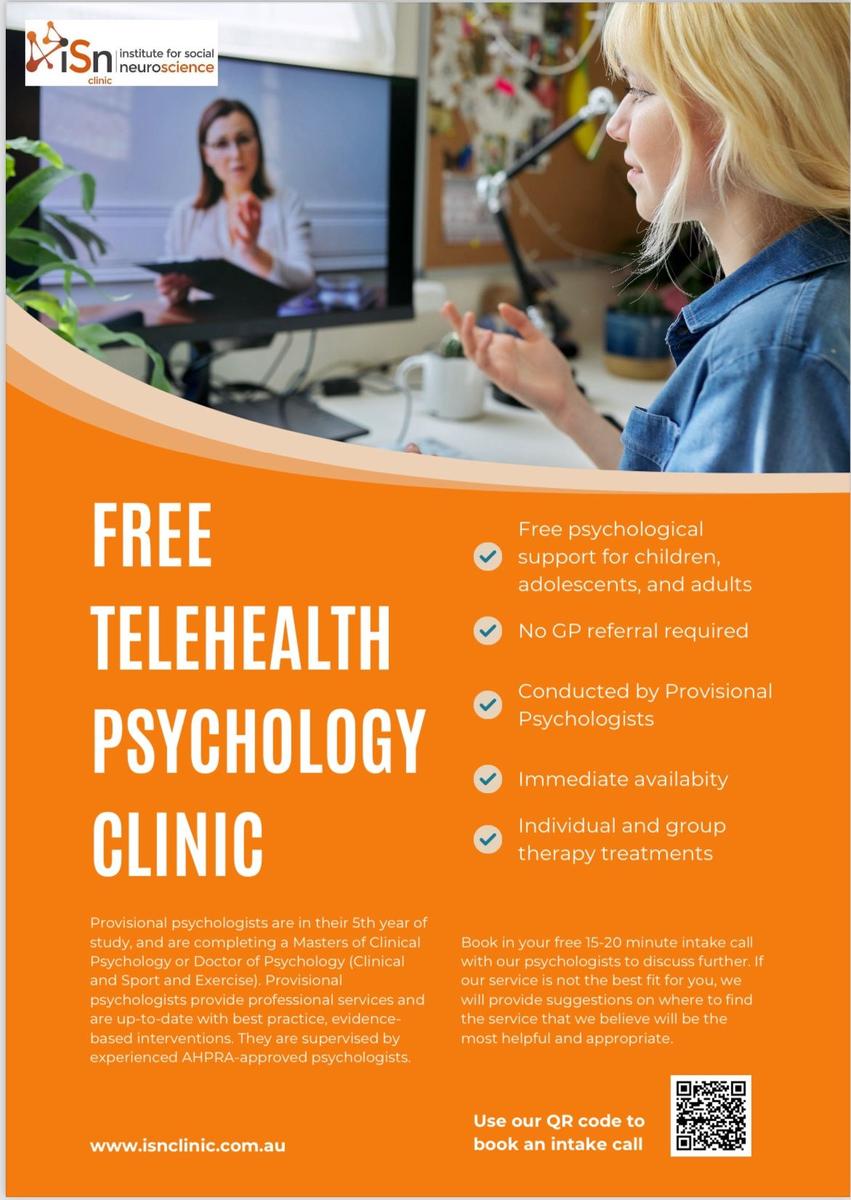Parent Wellbeing
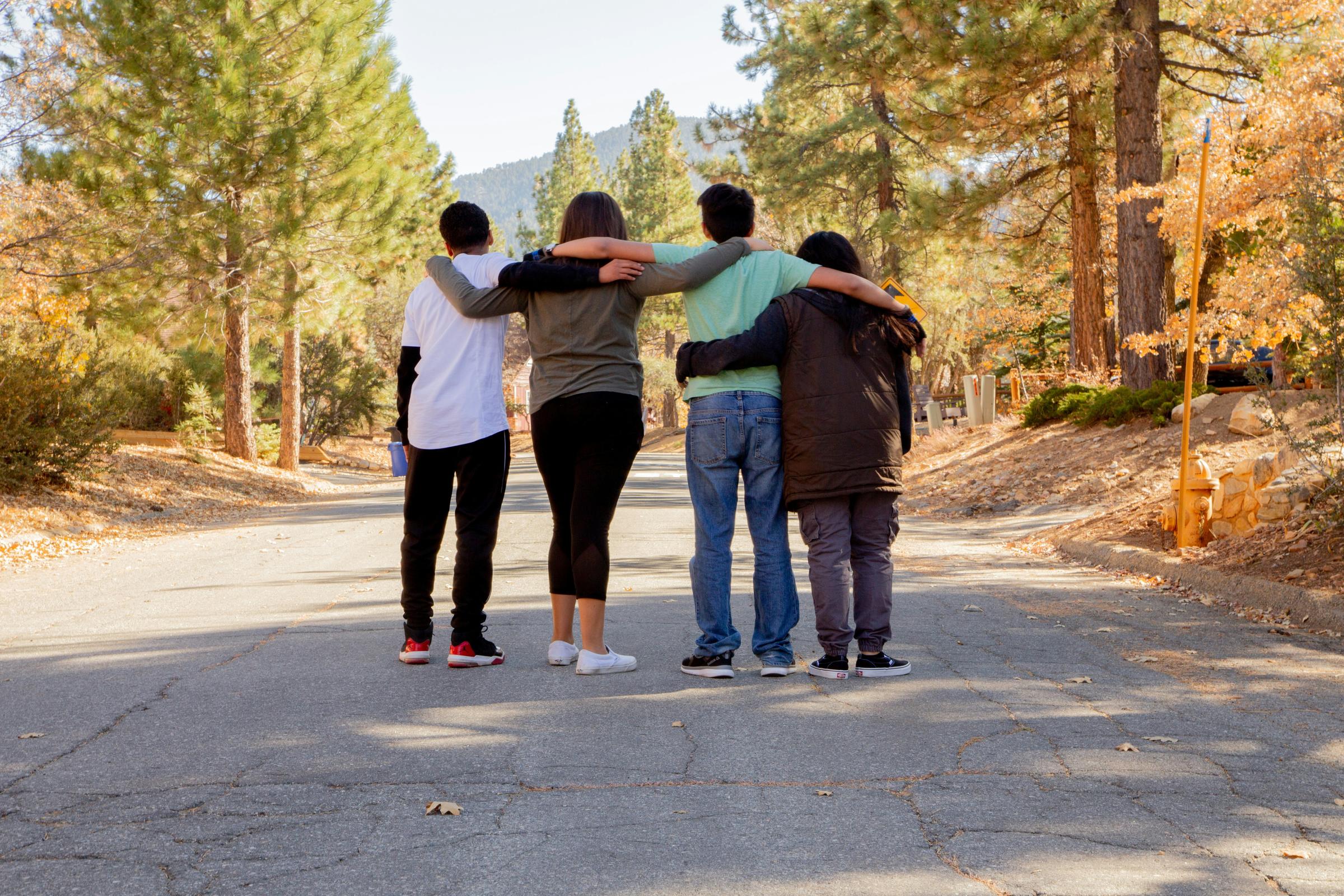
Be Bold. Be Kind. Be Brave.
Supporting Your Teen Against Bullying
This week, our school has been participating in Bullying. No Way! Week, with activities across all year levels focused on this year’s theme: Be Bold. Be Kind. Be Brave. Students have explored bullying statistics and discussed why adolescence can be a particularly vulnerable time. They have reflected on the power of kindness by creating compliment cards for each other and practiced practical strategies for speaking up and stopping bullying when they see it happening.
Bullying can take many forms, including verbal, social, physical, and online behaviours. It may be obvious or subtle. It can involve direct confrontation or exclusion from groups. Whatever the form, the effects can be serious. Adolescence is a time of growing independence, identity formation, and heightened peer influence, which means experiences of bullying can have a lasting impact on wellbeing, confidence, and learning.
Why this matters in adolescence During the teenage years, friendships and social groups often become central to a young person’s sense of belonging. Peer acceptance can strongly influence self-esteem, decision-making, and behaviour. Bullying during this stage can lead to increased anxiety, withdrawal from activities, lower academic performance, and even long-term mental health challenges. Building resilience, empathy, and strategies for responding effectively is vital for protecting both wellbeing and learning outcomes.
Practical ways parents can help
Be Bold: Encourage open conversations about bullying. Let your teen know you are ready to listen without judgement. Ask questions about their friendships, online interactions, and how they see others being treated.
Be Kind: Model respectful and compassionate communication at home. Teens are more likely to treat others with kindness when they see these behaviours in action within their own family.
Be Brave: Help your teen practise safe ways to stand up for themselves or others. This might mean offering support to someone who is being targeted, reporting incidents to a teacher or trusted adult, or choosing not to engage in online group chats that are unkind.
Recognising signs your teen may be experiencing bullying While some young people will tell you directly if they are having a problem, others may not. Look out for changes in mood, avoidance of school, unexplained physical symptoms like headaches or stomach aches, decreased interest in activities they once enjoyed, or changes in friendships. These signs do not always mean bullying is occurring, but they are worth exploring through gentle conversation.
Working with the school If you suspect your child is experiencing bullying, contact the school as soon as possible. Share what you know, listen to the school’s observations, and work together on a plan for support and resolution. Likewise, if you learn your child has been involved in bullying behaviour, staying calm and solution-focused will help them take responsibility and make positive changes.
The Bullying No Way! website offers clear, practical, and evidence-based resources for families. These include conversation starters for tricky topics, tips for recognising warning signs, and guidance on partnering with your child’s school to resolve issues.
Explore the resources here: https://bullyingnoway.gov.au/support-and-advice/for-families
Quick Tips for Parents Keep these handy to help your teen feel supported and empowered:
Listen first – allow your teen to share their experience without rushing to solve it immediately.
Work with the school – partner with teachers and wellbeing staff for a united approach.
Model positive relationships – demonstrate how to handle disagreements respectfully.
Know the reporting options – be familiar with school procedures and online reporting tools.
Encourage peer support – remind your teen that offering a kind word or sitting with someone alone can make a big difference.
By working together at home, at school, and in the community, we can help ensure every student feels safe, respected, and supported.
Looking for Support?
EACH - Health Services 1300 003 224
These services are free or low-cost.
93 Boronia Rd, Boronia
Youth Mental Health Services 9298 8469
headspace 1800 650 890
Safe Steps Family Violence Response Centre 1800 015 188 (24 Hours)
1800 Respect 1800 737 732 (24 Hours)
Nurse on Call 1300 60 60 24
The Butterfly Foundation 9822 5771
FriendLine 1800 424 287
24/7 Mental Health Hotlines:
Kids Helpline 1800 55 1800
Lifeline - Call 13 11 14, text 0477 13 11 14 or chat online.
Suicide Call Back Service 1300 659 467 or suicidecallbackservice.org.au
Beyond Blue 1300 22 4636
Student Wellbeing Team
Email: wellbeing@wantirnacollege.vic.edu.au
Chelsea Collings - Leader of Wellbeing
Guiseppe Relia – Wellbeing Counsellor
Sanela Avdic - Wellbeing Counsellor
Talea-Jane Simpson – Wellbeing Counsellor
Tajinder Wulff - Mental Health Practitioner 7-8
Lea Marrison - Mental Health Practitioner 9-12

